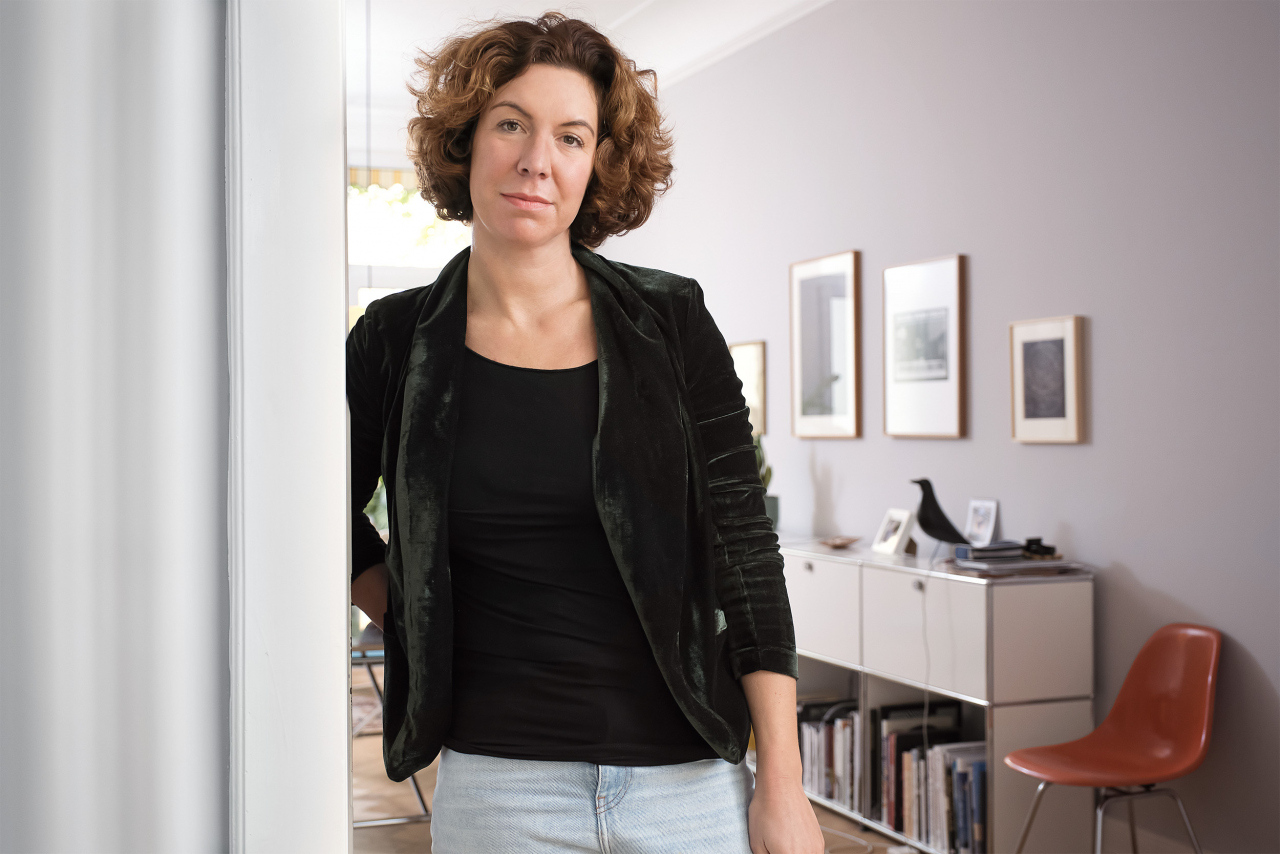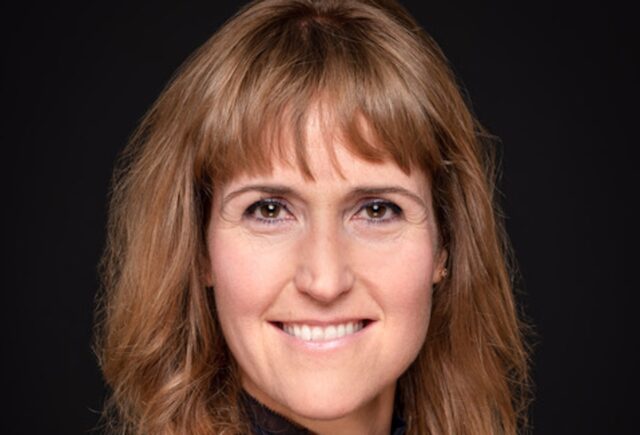After more than a decade of working on sustainable finance at Deutsche Börse, Kristina Jeromin is now campaigning to become a MP for Germany’s Green Party. We need a whole new definition of returns on capital, she says.

CV
- Candidate for MP of the Green Party since November 2020.
- Head of Sustainability at Deutsche Börse and Managing Director of the Green & Sustainable Finance Cluster Germany, 2018-2020; Deputy Chair of the German Federal Government’s special committee on sustainable finance from 2019 – March 2021.
- She was Head of Sustainability at Deutsche Börse from 2015 and prior to that worked on the company’s corporate responsibility.
- Board Member of Forum for Sustainable Development of German Business e.V., 2017-2020
If anything could have injected a sense of urgency into a dreary German election campaign, it should have been the sight of whole villages being swept away by flash floods earlier this month. It hasn’t.
The campaign labours on, concentrating largely on the reasons why the various parties’ candidates for the Chancellery aren’t good enough to fill the departing Angela Merkel’s shoes. In part that’s because, as with impact investing, the problem is much easier to identify than the solution.
Not even the Green Party is claiming that its policy manifesto has the answers to this month’s horrors. What it does have in its ranks, however, is a growing number of those willing to take on the complexity of embedding sustainability into all corners of policy.
Kristina Jeromin is on the Green Party’s list of candidates for the Bundestag in September for the first time, having spent the last four and a half years creating a sustainability strategy for Germany’s largest stock exchange group.
She also co-chaired the ‘Green and Sustainable Finance Cluster’, a think tank that has provided some much needed thought leadership on sustainable finance for a German banking sector preoccupied with other existential issues, such as chronic negative interest rates.

Need for new definition of risk
It’s self-evident for Jeromin that the financial sector, like business in general, needs to embed climate change risk in its calculations of risk and return. But profitability in the sector is already minimal: how can it survive higher risk costs and being forced towards projects that may not show positive financial returns for years, if at all?
First, she said in an interview with Impact Investor, the system needs new and standardised definitions of risks that, inter alia, would incorporate the full costs of financing unsustainable businesses. More boldly, she says, the economy needs a whole new definition of returns on capital.
“What is ‘yield’, actually? Is ‘yield’ just a purely monetary return, or is it a fundamentally positive effect that has been generated through financing? And can we internalise a good that has been generated for the economy and for society alongside the monetary yield in the same way?”
How such thinking will be received if it ever becomes the policy of Europe’s most important national government is an interesting question. EU competition authorities and banking supervisors are spiky enough when it comes to protecting hard-fought victories on the definition of bank capital. How they would react to an attempt to change the definition of ‘profit’ is anybody’s guess.
Except that the cultural shift embodied by Jeromin is already underway in European institutions: the Next Generation EU plan makes clear that the past fiscal orthodoxy is defunct, while the highly conservative European Central Bank this month changed its mission to explicitly incorporate sustainability concerns into its core mandates of preserving monetary and financial stability.
Jeromin is a naturally enthusiastic supporter of the ECB’s conversion. “The kind of silo thinking which still suggests ‘here is where we do business and there, somewhere completely different, is where we do a bit of sustainability’ is just wrong,” she says.
“We have to think integrated.”
Accelerators of transformation
The trouble is that Germany, and others, have already been here before. Germany has literally hundreds of financial institutions that have never restricted themselves to purely monetary calculations of yield. Savings banks (Sparkassen) and their regional, ‘Landesbank’ counterparts have been obliged by law to incorporate ‘the common good’ into their business model for decades.
While that has been an inestimable boon to Germany’s social fabric, it has also been abused for short-term and politicised ends. The result, amplified by a decade of low interest rates, has been a sharp shrinkage in the sector that has left it struggling for relevance, and a misplaced emphasis on protecting yesterday’s jobs that has only recently started to be rectified.
“We have to see that the development banks, the Landesbanks and also the Volksbanken (cooperative banks) and Sparkassen become accelerators of transformation, especially for SMEs.”
Given the scale of climate risks embedded in smaller and unlisted companies, she notes, it’s nonsense to think that the issue can be dealt with by capital market regulation alone.
Sustainability, she argues, cuts across all businesses, everywhere: “not some nice-to-have, optional add-on if you’ve got a bit of time for it, but rather an essential component of any business strategy fit for the future.”





